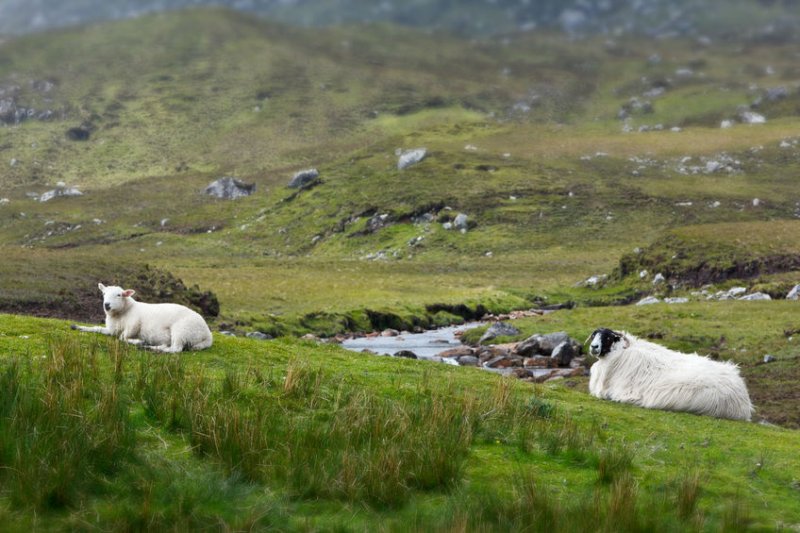
Scottish farmers have called on the government to drop its tariff proposals over fears it could give the green light to lower-standard food imports.
NFU Scotland submitted its response to the government’s consultation on the future of tariffs known as the UK Global Tariff, which will come into force on 1 January 2021.
As part of the EU, products imported into the UK have been subject to the EU’s system of tariffs. Those apply to all non-EU imports.
Although the UK is no longer a member state, tariffs cannot be changed until the end of 2020 and then can be kept as they are or be reduced.
In early 2019, as part of its no-deal planning, the government sent the WTO a schedule of tariffs that stripped all protection from some agricultural products and reduced it on the rest.
Now NFU Scotland has reinforced the message that any compromise on standards for products being imported would have 'serious consequences' for UK farming.
In its submission to the consultation, which ended on 5 March, the union said it is 'crucial' that the applied tariffs are not unilaterally lowered in advance of trade talks.
The UK’s 2019 temporary tariff schedule in the case of a no-deal Brexit, which offered to reduce and remove tariffs, caused trade partners to halt negotiations on transitioning existing EU trade deals.
NFU Scotland stated that any tariff reduction or removal should only be done as part of trade negotiations and in return for reciprocal concessions.
The union's President Andrew McCornick said the high production standards in the UK 'do not come for free'.
“Applied tariffs are of fundamental importance to Scottish agriculture and it is absolutely crucial that we want to keep tariffs at the current level.
"It is the current tariffs that provide a level of protection to offset low price, low standard imports," he said.
“That protection has been vital, helping protect farmers and crofters against the worst effects of global competition."
Mr McCornick added that the industry is proud of the high standards it operates to, but these impose 'very significant' additional costs.
He said with WTO rules not allowing trade to be blocked to ensure a level playing field, it is only through the applied tariffs that any protection can be offered to the industry.
“Scotland’s farmers and crofters produce food which is world renowned for quality and we do not want to have these efforts undermined by applied tariffs with lower standards,” he said.
